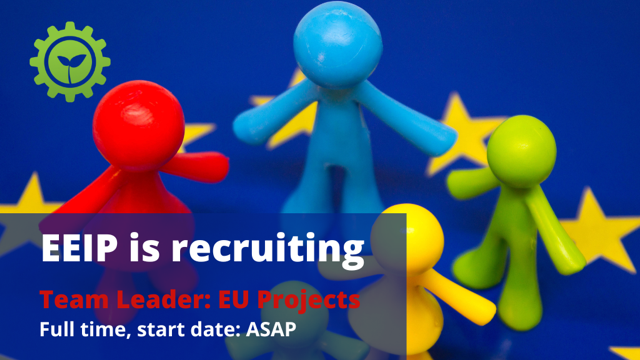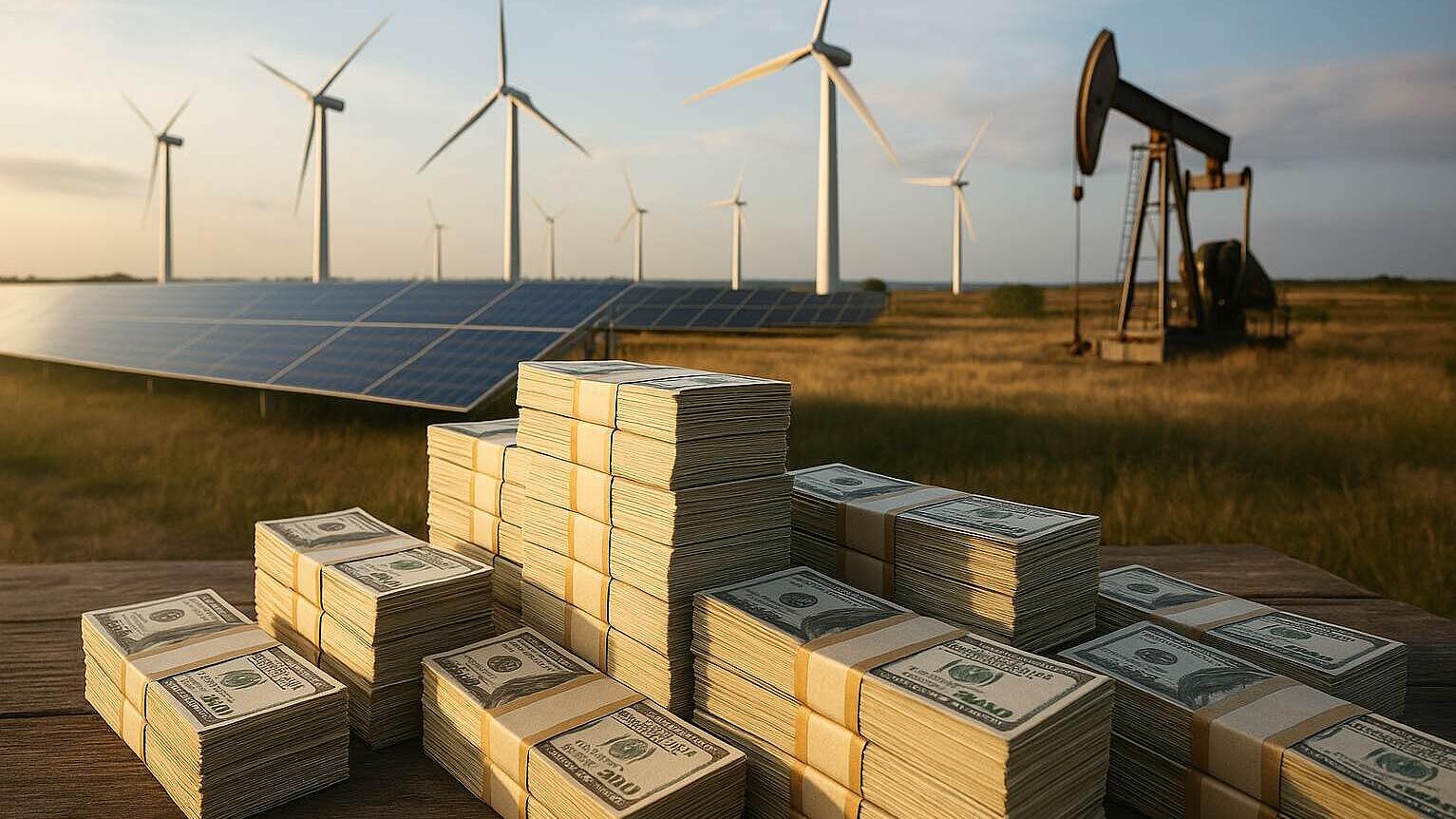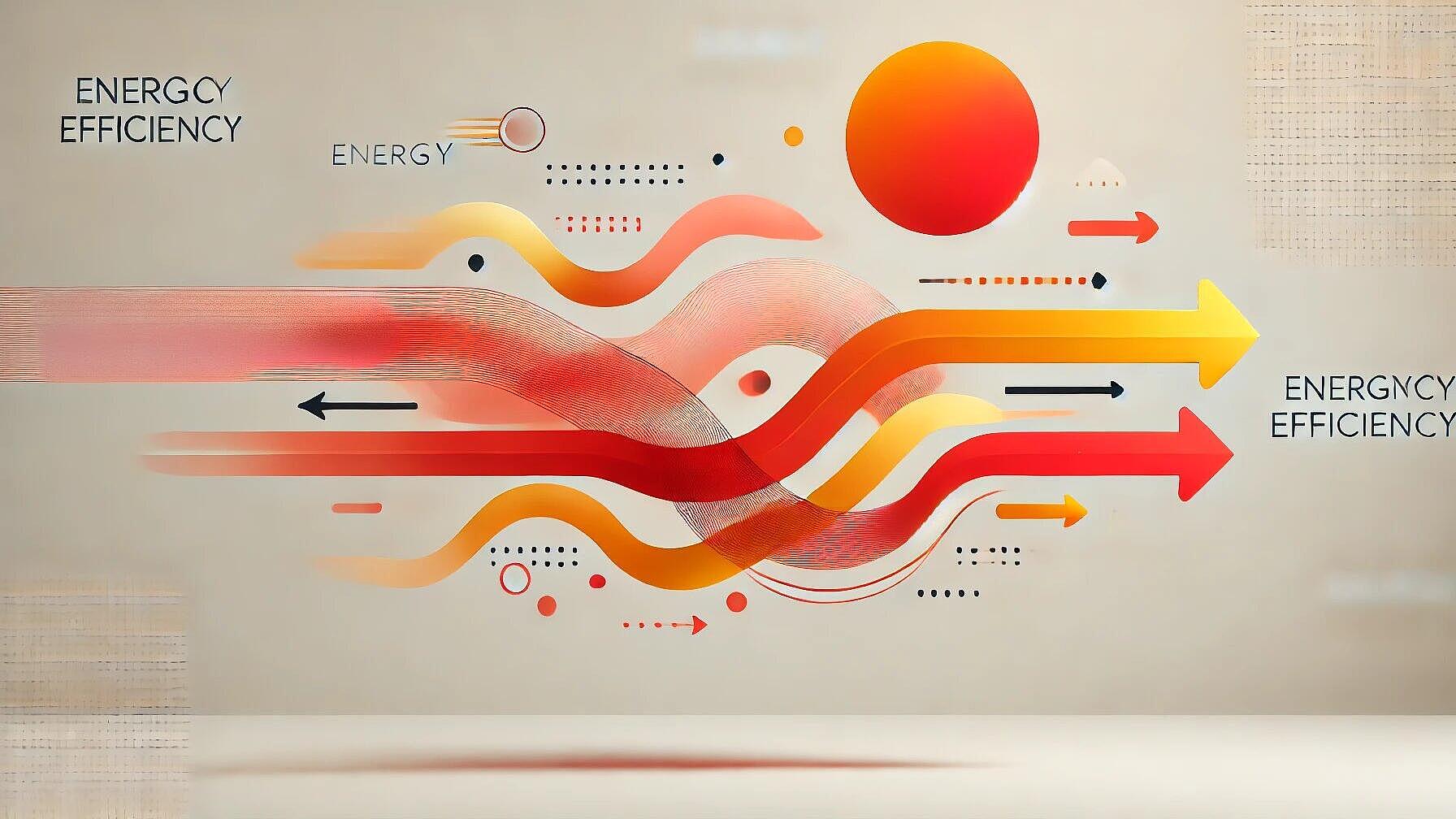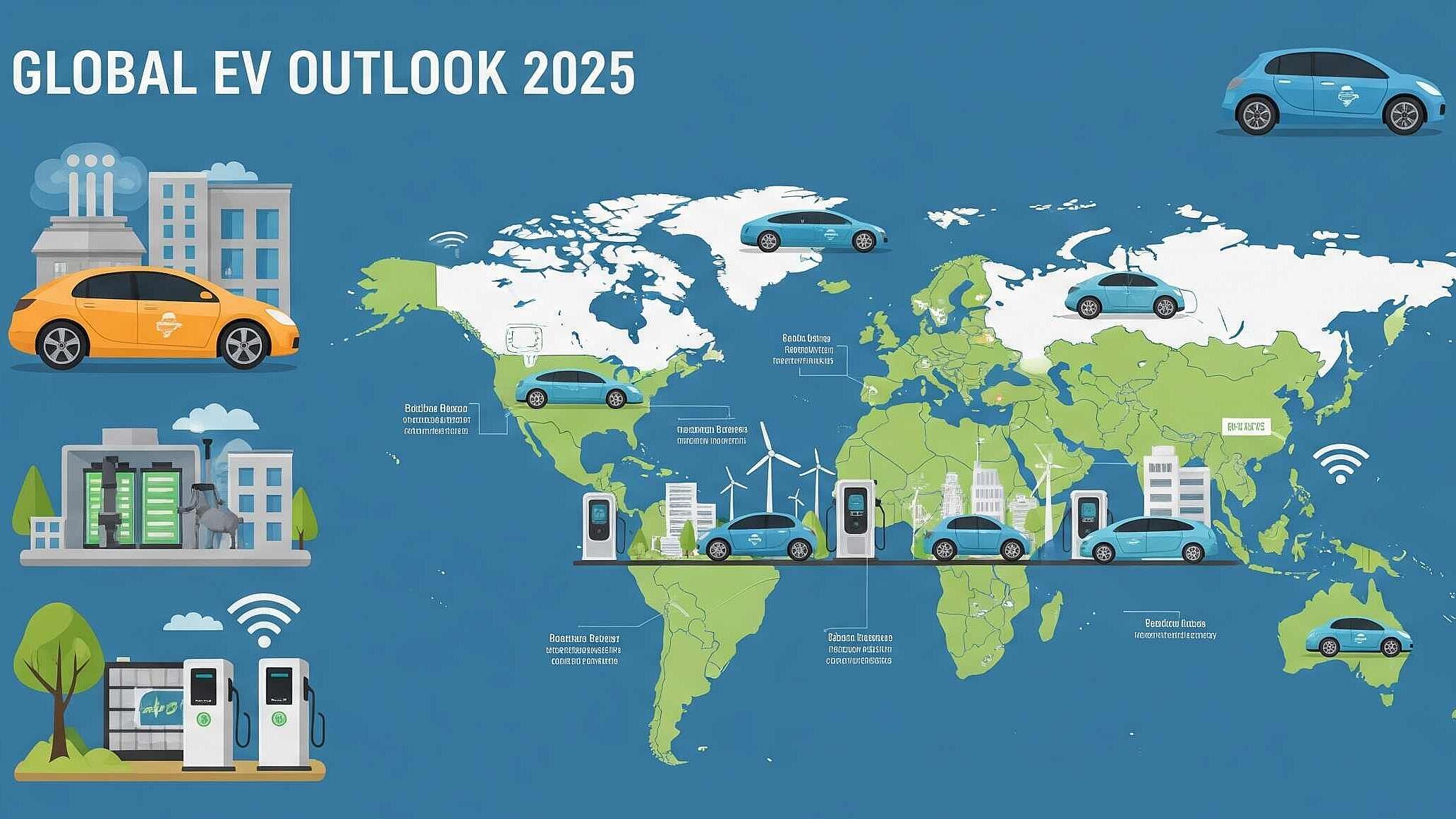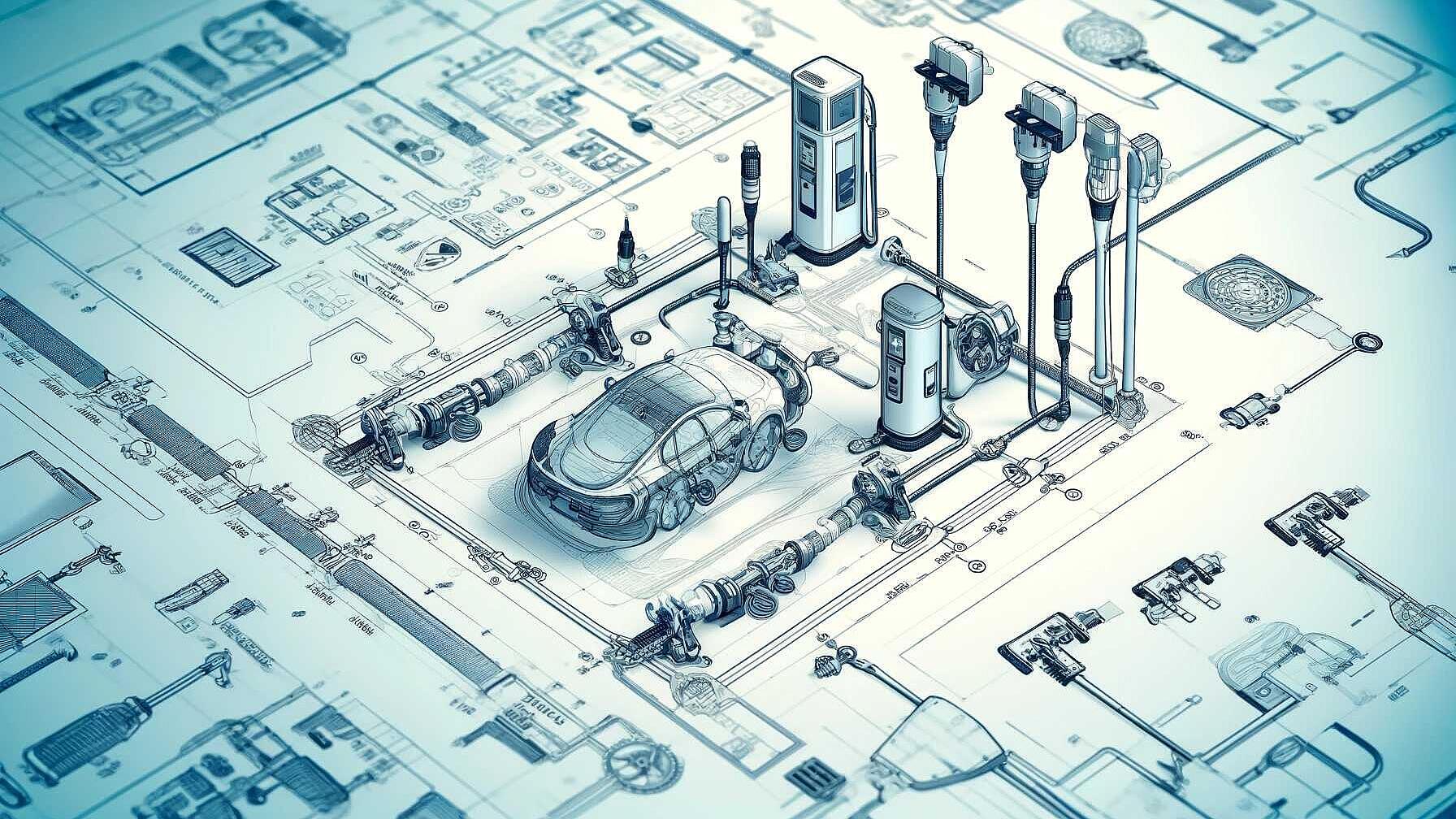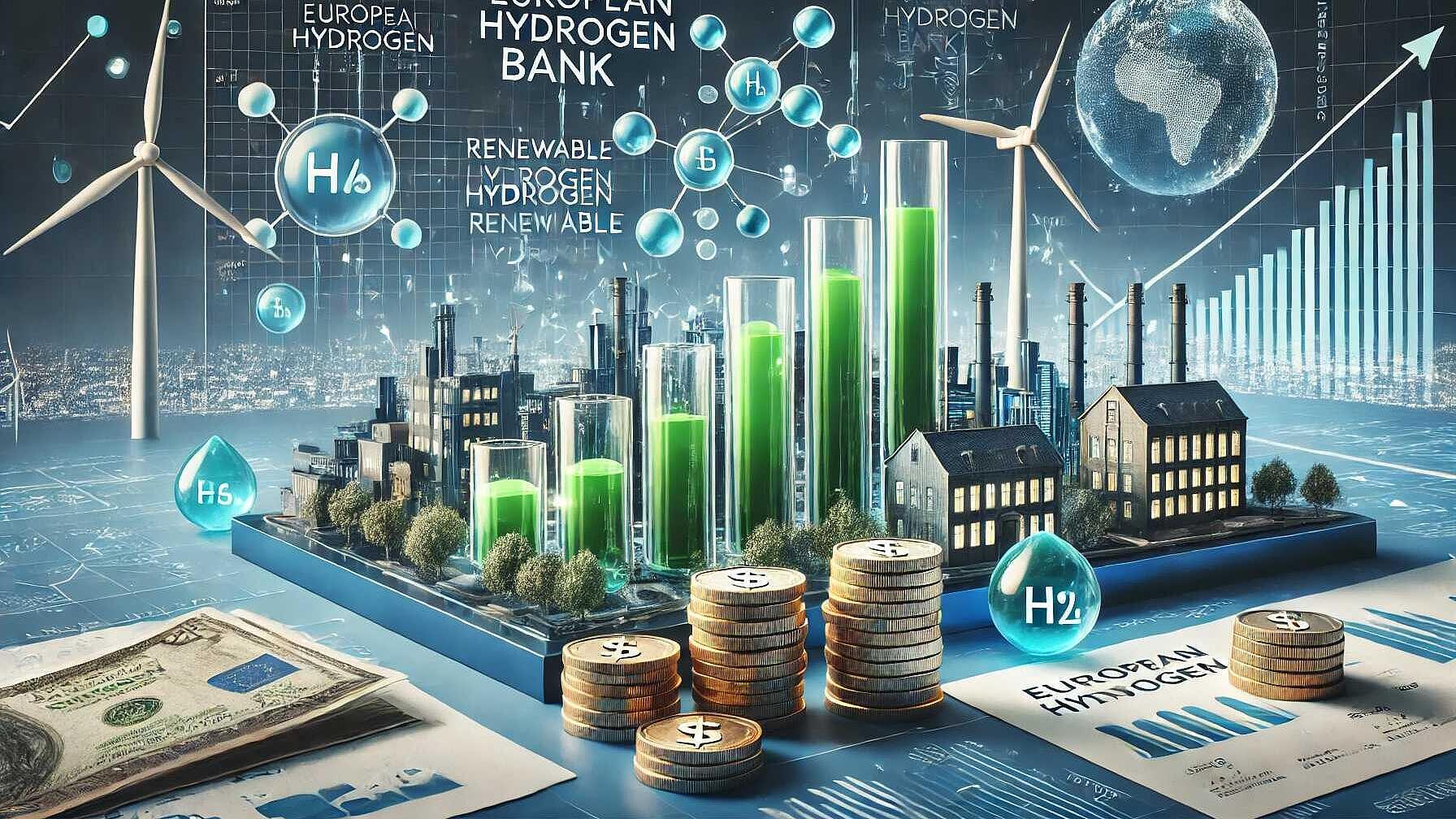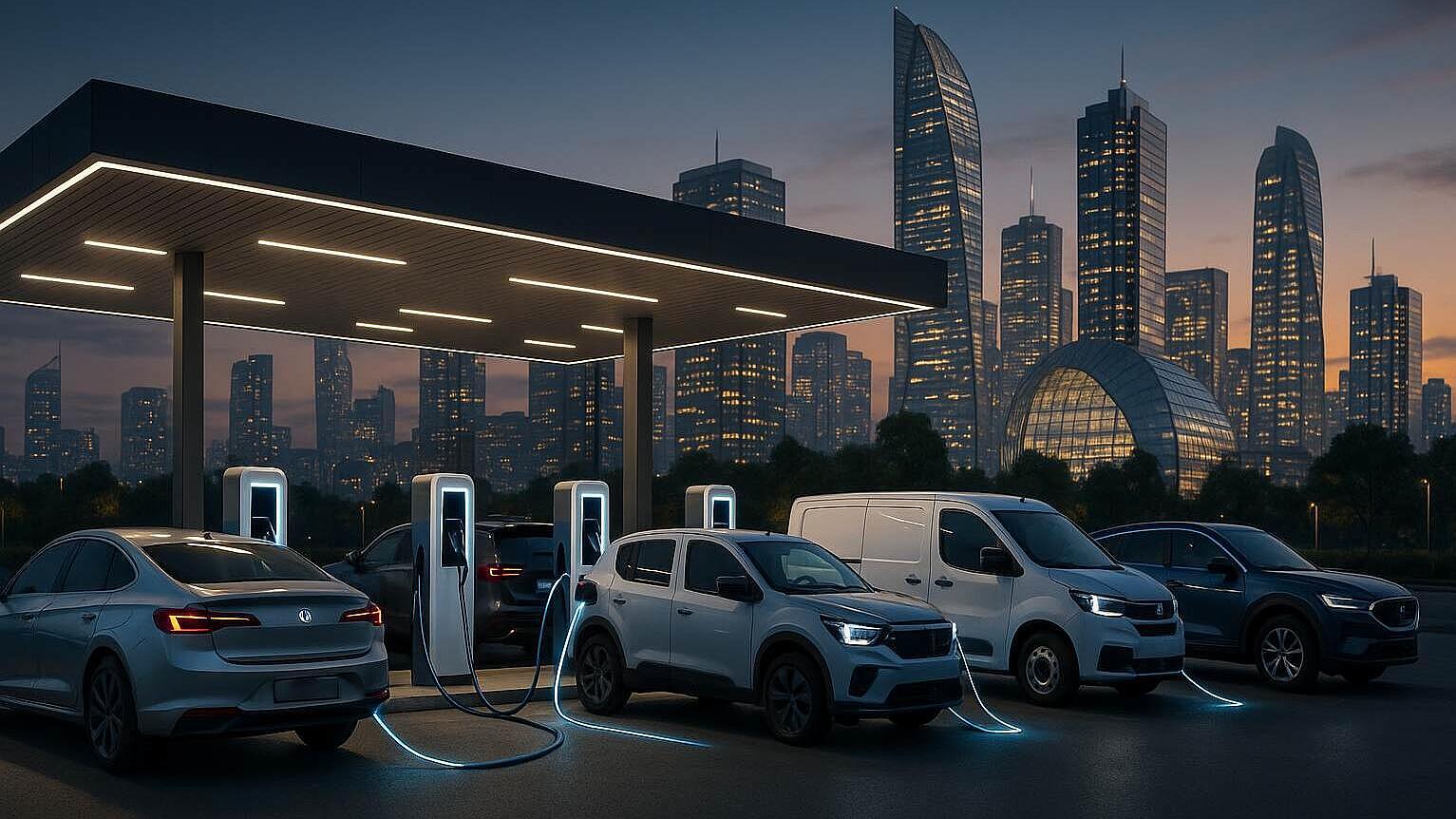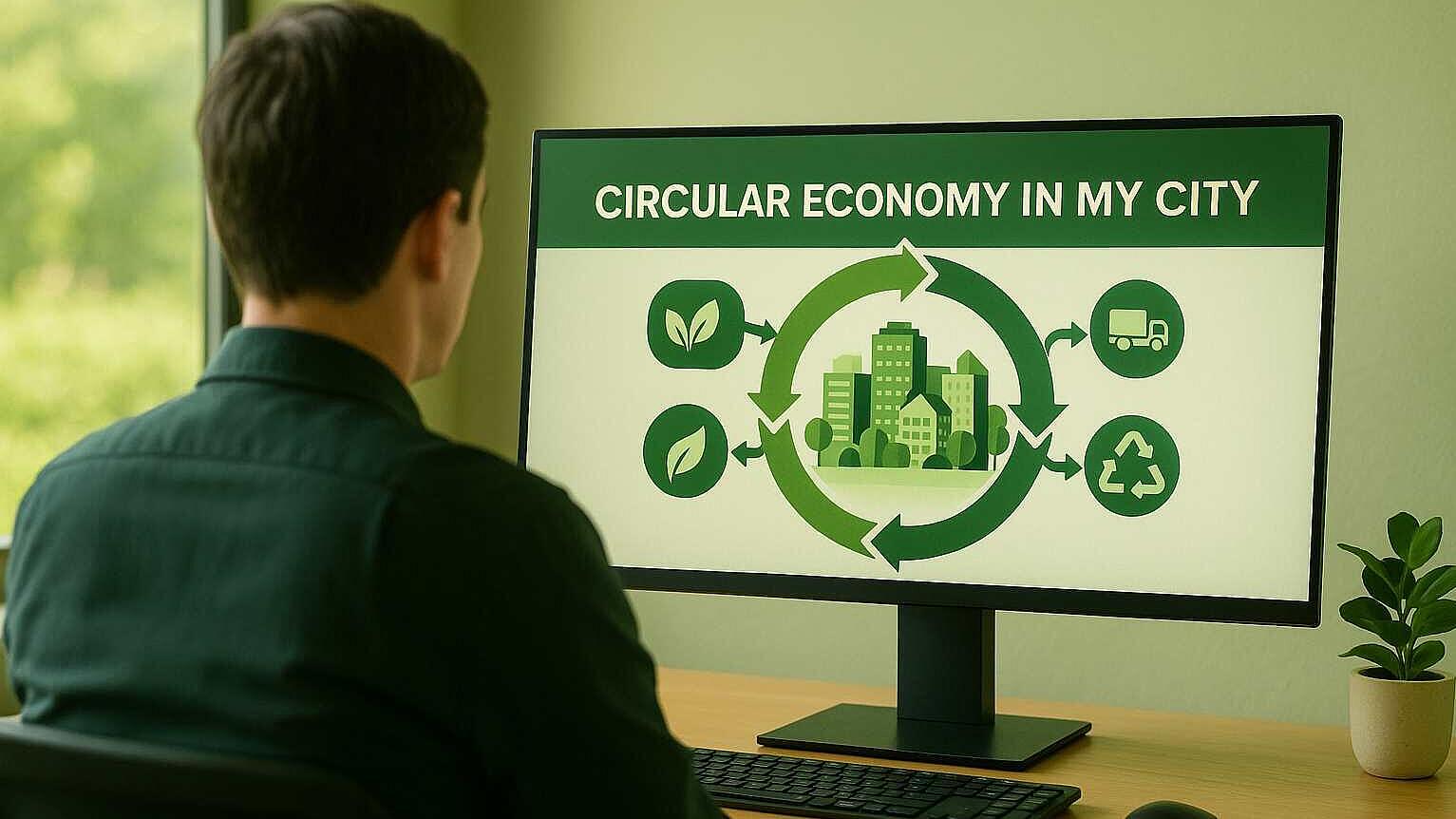 Articles
ArticlesEEIP, a global energy transition platform, is seeking a Team Leader for their EU Project Office to manage a team and the operations of various EU-funded projects. The role includes representing EEIP in project consortia, planning and reporting activities, identifying new EU funding opportunities, and handling financial management. The projects cover energy transition areas such as energy efficiency finance, smart cities, renewables, and clean fuels. Responsibilities also involve coordinating team tasks, capturing project learnings, implementing AI strategies, and leading project communication and knowledge transfer activities. The ideal candidate should have at least 5 years of relevant EU project experience, team management skills, knowledge in energy and sustainability, strong administrative abilities, and proficiency in English and another European language. Flexibility in work schedule and readiness to travel are essential. Applicants with the legal right to work in Belgium should submit their CV and cover letter by July 6, 2025.
Read Full articleHow Global Energy Investment Transformed from 2019 to 2025
From 2019 to 2025, global energy investment shifted dramatically towards clean energy, with investments doubling and surpassing fossil fuels. Solar power, driven by cost declines and technological advances, became the largest investment segment. However, while investment in renewables aligned with climate goals, grid investments lagged, creating bottlenecks. Surprisingly, AI data centers increased demand for reliable baseload power, reviving interest in nuclear and gas. Distributed solar grew in emerging markets independently of policy, reshaping economic dynamics, yet clean energy deployment remained unequal globally.
Read Full articlePowering Europe's Clean Energy Future: Key Elements of the EU Energy Efficiency Directive
The EU Energy Efficiency Directive sets binding targets to reduce energy use by 2030 and introduces measures across sectors for energy savings, prioritizing efficiency, sustainability, and enhanced energy security for European citizens and businesses, requiring member states to implement various efficiency strategies and reporting mechanisms.
Read Full articleBusiness Value Through Industrial Symbiosis
A new framework evaluates industrial symbiosis, showing cost savings, revenue growth, risk reduction, and intangible benefits, advocating strategic partnerships and regulatory navigation for long-term sustainable advantage.
Read Full articleDigital Revolution in Motor Systems: Powering the Future of Energy Efficiency
The paper highlights the revolution of motor systems through digital technologies enhancing efficiency, despite challenges such as lack of standardization and cybersecurity risks. Innovations include smart sensors, IoT, and AI-driven analytics, with case studies showing significant energy savings. Opportunities exist for professionals in data science and cybersecurity.
Read Full articleEV Revolution: Transforming Global Mobility Through Innovation and Accessibility
In 2024, global electric vehicle (EV) sales exceeded 17 million, a significant increase from 2020 totals. China's electric car sales hit 11 million, driving affordability and adoption worldwide. Battery cost reductions and technological advancements improved EV competitiveness, while the expansion of charging infrastructure supported the growing EV market. Electric commercial transport also gained momentum, with electric trucks becoming more economically feasible. Projections suggest EVs will continue to grow, reaching substantial market shares globally by 2030.
Read Full articleTransforming the Grid: Electric Vehicles as Key Players in the Energy Landscape
The "Solution Booklet: Electric Vehicles and the Grid" discusses the increase of EVs in Europe, the necessity for robust charging infrastructures, strategic city planning for EV integration, technical, societal, and governance aspects of smart charging and V2G technologies, as well as innovative solutions and economic considerations for successful EV and energy grid synergy.
Read Full articleBoosting the Hydrogen Revolution: The Role of a European Hydrogen Bank
The EU aims to produce and import 20 million tonnes of renewable hydrogen by 2030 to achieve climate targets. The European Hydrogen Bank, integral to REPowerEU, supports this via subsidies and market integration. Investments in hydrogen technologies foster innovation, job creation, and international cooperation, enhancing energy security and global leadership in clean energy transitions.
Read Full articleCharging Ahead: How Electric Vehicles Are Powering a Sustainable Future for the Next Generation of Innovators
The paper discusses the rapid global adoption of electric vehicles (EVs), driven by falling battery costs, government incentives, and a growing commitment to environmental sustainability. Advances in technology, like solid-state batteries and Vehicle-to-Grid systems, are enhancing EV capabilities and integration into energy grids. Despite challenges like charging infrastructure and ethical material sourcing, EVs are increasingly seen as crucial for cleaner transportation and climate change mitigation, impacting energy systems, creating new economic opportunities, and transforming urban environments.
Read Full articleWhy do cities struggle to transition to a Circular Economy? — Information
The paper discusses the challenges cities face in transitioning to a circular economy, emphasizing the decline in global circularity and the need for public procurement to drive the change. It highlights the complexity of accessing and applying circular strategies and proposes innovation procurement with specialized AI as a solution.
Read Full article